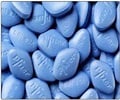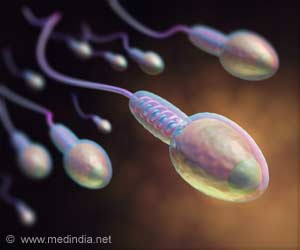Low testosterone levels and symptoms of male sexual dysfunction due to obesity may be reversible with weight loss after bariatric surgery, a new study finds.

This study included 75 obese men who were patients at an obesity clinic between 2007 and 2010. The men had hormone testing, measurements of body fat and assessment by questionnaire of signs of androgen, or male hormone, deficiency. Signs assessed included erectile dysfunction and low sex drive. Among these patients, 17 underwent gastric bypass surgery and were reassessed three and 12 months later.
Initial assessment of the 75 patients showed that 54 had signs and symptoms of androgen deficiency, and 27 had low testosterone levels. The higher the men's body mass index, waist circumference and body fat, the lower their testosterone levels were. "This correlation suggests a potential causal relationship between obesity and low testosterone," Thissen said.
The 17 men who had weight-loss surgery lost an average of 90.2 pounds. One year after surgery, their testosterone levels increased significantly and were within the normal range, showing a reversal of testosterone deficiency, Thissen reported.
Low testosterone levels were not strongly associated with complaints of sexual dysfunction before surgery. However, Thissen said men did not complain of sexual dysfunction after surgery-related weight loss.
Source-Eurekalert















